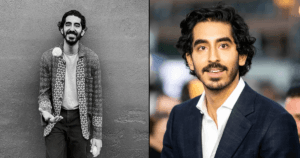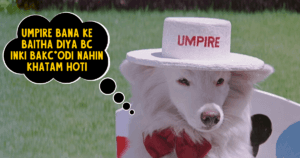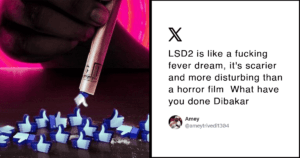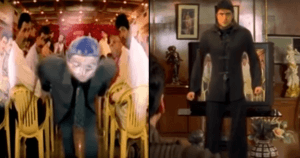It’s okay to lie because it benefited someone. It’s okay to steal because it helped feed my family. It’s okay to kill because he was a threat to me.
Are you serious? Is it really okay?
We’ve been taught to function in a particular way when it comes to making decisions. The sense of right or wrong is universal. You must not have done something wrong but even if you found yourself supporting someone’s wrongdoing, it’s equally bad. Or worse!
So, why do we find ourselves rooting for the bad guy in movies?
Why does a Walter White get my share of empathy when he’s cooking meth for money? Why do I get fascinated by Munnabhai sending someone else to appear for his medical entrance exam? Why do I openly hope for Akshay Kumar to not get caught in Special 26 when he and his team are big time frauds?
Sometimes, it’s good to be bad. But where do I draw a line?
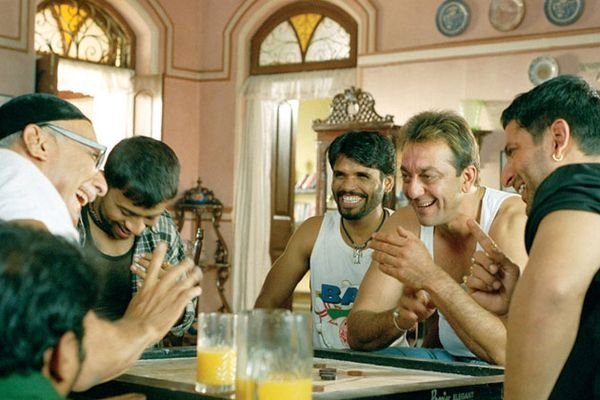
This is the thought that I had been battling ever since the first look of Raees came out.
As an SRK fan, I was more than happy to see my favourite superstar do something like never before. But at the same time, somewhere deep down, I found myself questioning my morality.
Shah Rukh plays a ‘dreaded’ bootlegger hailing from Gujarat in the 80s. It has been said that the character draws heavy inspiration from the late underworld don Abdul Latif, who ran the biggest alcohol mafia in Gujarat, back in the day.
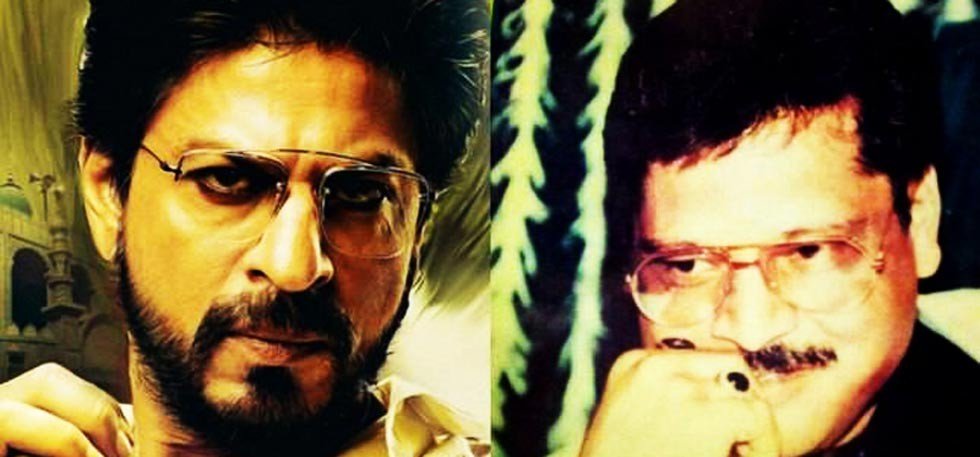
Recently, SRK said that not all films need to give out a message. They can be mere tools of entertainment too.
But sadly, not everybody thinks like this.
It was only disheartening to see a number of Munnabhai-style frauds increase after the movie released. There were cases of DDA employees reselling plots with forged documents after Khosla Ka Ghosla. And I am not even touching upon Hollywood films and American TV.
And in all of those films, we were clutching to our seats hoping that the cops don’t catch the ‘righteous criminal’.
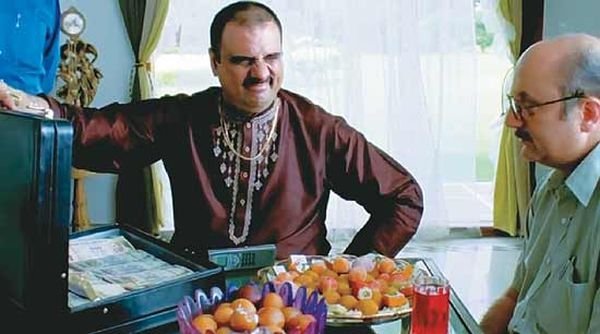
In anti-hero films, the protagonist generally hails from an economically deprived background. This makes it legit for him to take up crime in order to feed his family. From petty theft to smuggling drugs to bombing an expanse of civilization, the crime rate just grows and so does the character’s badassery.
Unfortunately, most of these films focus on the larger-than-life persona of the criminal. They glamorize his life, making it appear way cooler than it actually is!
Take for example SRK’s Don. If you think about it, the character was a sly womanizer who would go to any extent to fulfill his desires. Behind him was a team of cops, played by actors who don’t have the kind of star power that SRK has. This is the first trap we fall into.
We tend to automatically back the bigger star. Apart from that, the good guy’s role in the film is never at par with the bad guy. Movies like Don, the Dhoom series, Once Upon a Time in Mumbaai and now Raees stand as strong examples supporting that.
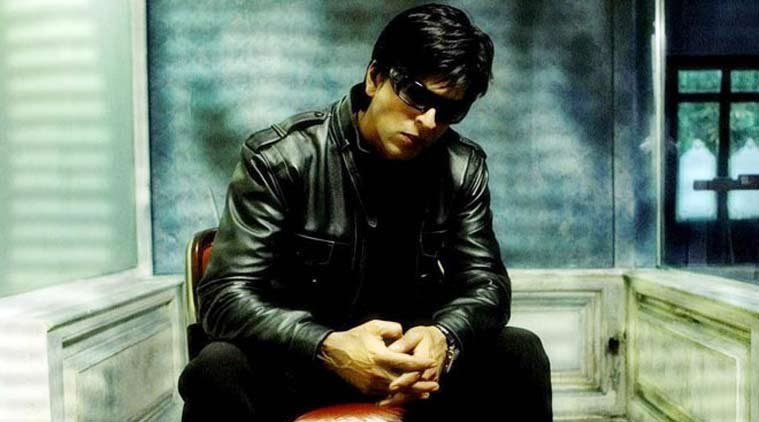
The movies glorify gangsters as men of mystery and power. They are people who don’t bend, but break the rules. Their wits are unmatchable. And above all, they are family men. They go by their own rules and nobody has the right to break them.
As an audience, first we fall for their struggle to making it big and then, their set of principles with which they led their life as a criminal.
Considering there’s so much conversation around cinema impacting society, why does no one seem to mind the blatant glorification of criminals? If we raise our voice when a hero is shown stalking a woman in the name of ‘love’, why do we not object to a gangster being portrayed as a ‘hero’?
Aren’t such films wrongly influencing our impressionable audience as well? Aren’t these films telling us that it’s cool to be bad, cool to commit crimes?
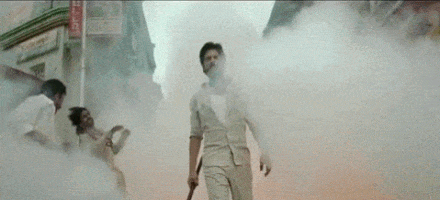
You could either be uncomfortable with the thought of rooting for a criminal or you could be flowing in a stream of pure emotion and empathy, keeping your morals under the carpet.
The choice is yours to make and Raees might just be the testing ground for it!




